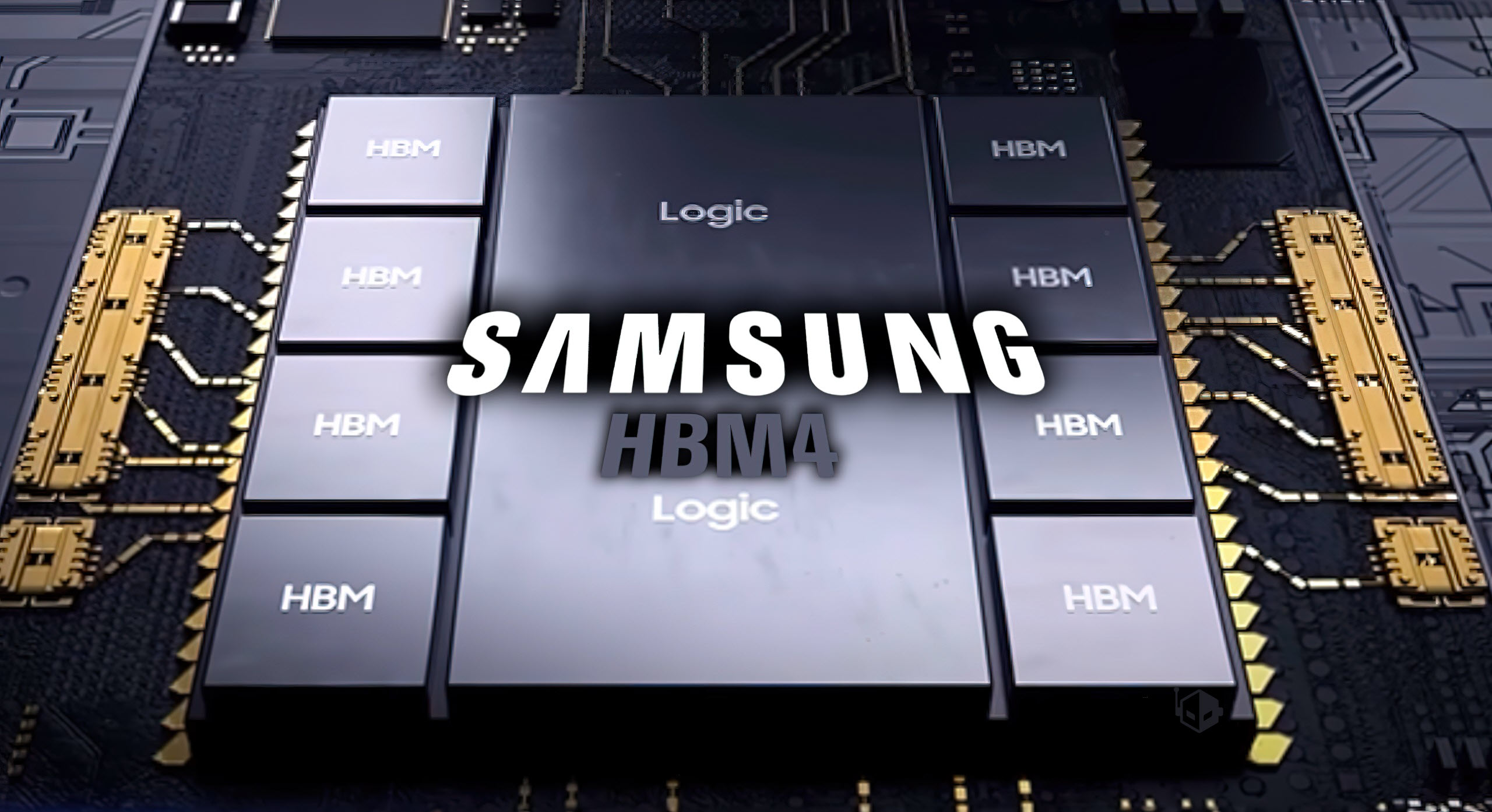Copyright Wccftech

Samsung has secured a crucial 'HBM4 supply' deal with NVIDIA, as both firms announce their collaboration on cutting-edge technologies to drive the AI hype. Samsung's HBM4 Modules Manage to Surpass JEDEC Processing Speed Standards, Leading to a Pivotal Adoption By NVIDIA The Korean giant has achieved a massive feat with its upcoming HBM4 technology, as the firm becomes one of the first manufacturers to secure a supply for NVIDIA. In an announcement around the recent Samsung-NVIDIA deal, it is revealed that HBM4 is going to be a crucial part of the partnership, and more importantly, the Korean giant has verified that they are working with NVIDIA on HBM4, which means that Samsung has managed to achieve an early lead with the process, marking a considerable achievement for the firm's competition amongst DRAM manufacturers. In addition to their ongoing collaborations, Samsung and NVIDIA are also working together on HBM4. With incredibly high bandwidth and energy efficiency, Samsung's advanced HBM solutions are expected to help accelerate the development of future AI applications and form a critical foundation for manufacturing infrastructure driven by these technologies. Built with the company's 6th-generation 10-nanometer (nm)-class DRAM and a 4nm logic base die, Samsung HBM4's processing speeds can reach 11 gigabits-per-second (Gbps), far exceeding the JEDEC standard of 8Gbps. Well, one of the bigger reasons why Samsung's HBM4 memory has managed to take a spot in NVIDIA's supply chain is that the process is reported to be the fastest out there in terms of processing speeds, reaching up to 11 Gbps, which is far higher than what Micron or SK hynix currently offers. We know that the Rubin AI lineup is expected to be a massive release for NVIDIA, and judging by the competition the firm faces with AMD's Instinct MI450 series, securing high-end HBM4 solutions is a primary objective, which is why Samsung has secured a key spot in NVIDIA's HBM supply chain. The announcement could prove to be a significant turning point for Samsung's HBM business, as it has been struggling for several quarters now, primarily due to the firm's slow progress with HBM3. However, in recent weeks, things have turned out incredibly in Samsung's favor, and now that the firm has seen an early lead with HBM4, the Korean giant is right back in the business. Competition within the HBM segment is expected to increase in the future, as Samsung's recent achievement will likely prompt SK hynix and Micron to restructure their HBM4 solutions.



